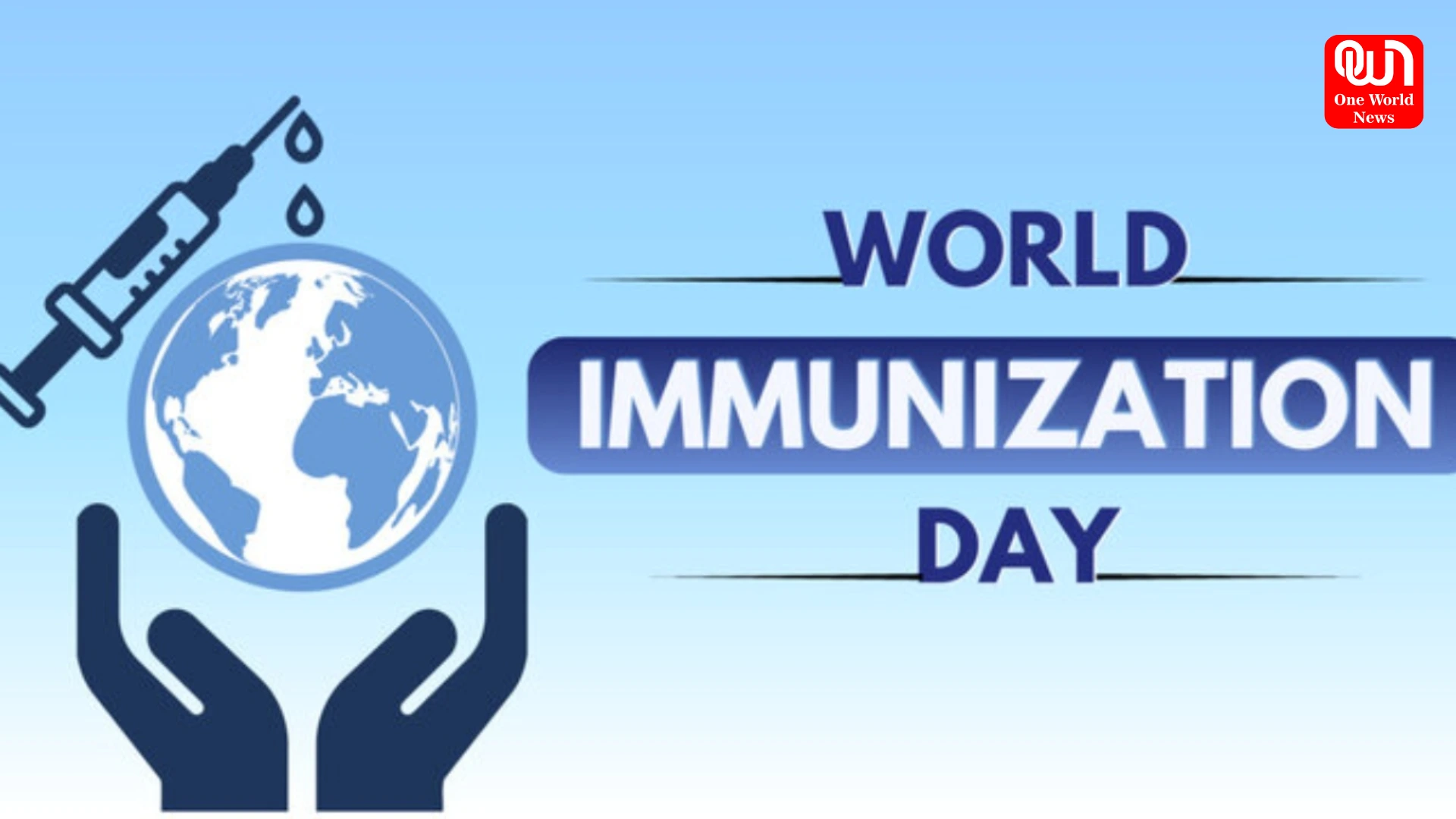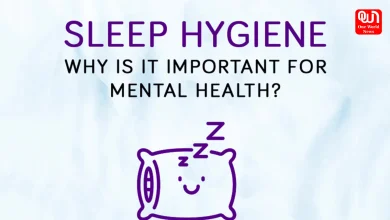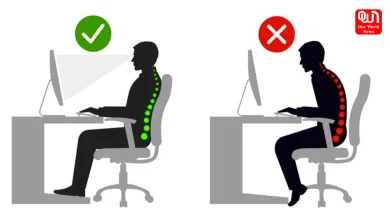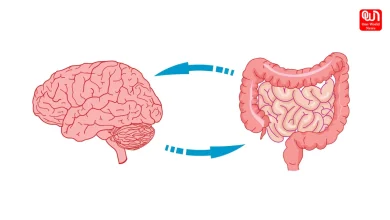World Immunization Week: Protecting Generations, One Vaccine at a Time
Highlighting the Lifesaving Power of Vaccines Across the Globe
Raising Awareness, Breaking Barriers, and Protecting Future Generations
Every year during the final week of April people commemorate World Immunization Week. Educating the public about the importance of vaccines for the health of millions of people worldwide is its main goal. Adults and children who are deprived of necessary vaccinations for a variety of reasons are more susceptible to diseases like smallpox measles and polio. This week is dedicated to identifying and removing obstacles to vaccine access for the benefit of the world’s population. People now understand that no one is completely immune unless they are all protected from illness.
Background of World Immunization Week
Even though Asia and Africa had already made significant progress in vaccination it was still extremely dangerous. It wasn’t until the end of the 18th century that vaccination gained widespread acceptance as a smallpox prevention method in England. A patient who was awaiting her appointment with the physician made a thought-provoking remark. She mentioned that since she had cowpox she was unable to contract smallpox. Young medical student Edward Jenner who was also present took notice of her remark. While finishing his studies in London he became fixated on the concept.
He began practicing medicine in his hometown of Gloucestershire after graduating and it was there that he would eventually realize the lady was correct. He discovered that those who had cowpox were less likely to contract smallpox while working on a cure. In order to protect patients from the terrible smallpox plague he administered a mild dose of cowpox after completing the required experiments.
Jenner carried out another important test in 1798 which led to further advancements. To protect them from the disease four kids who had received cowpox vaccinations were now given a weak form of smallpox. The fact that none of them contracted smallpox lends credence to his theory. His groundbreaking vaccination discovery has aided scientists in creating a number of vaccines that guard against serious illnesses.
Timeline of World Immunization Week
- 1798 Edward Jenner Develops a Vaccine for Smallpox
The first smallpox vaccine in history was created by Edward Jenner.
- 1897 Waldemar Haffkine Creates a Vaccine
The world’s first cholera and bubonic plague vaccine was created by Ukrainian bacteriologist Haffkine.
- 1954 Jonas Salk Tests the Salk Vaccine
Salk, an American doctor, studies the effects of the inactivated polio vaccine.
- 2006 The Gardasil Vaccine Gains Popularity
The human papillomavirus (HPV) vaccine has been approved by the Food and Drug Administration (FDA) in the United States.
Read More: In-Laws on the Run: Love Breaks All Boundaries in Badaun
Understanding World Immunization Week
- Learn more about the origins of vaccines.
To learn about the various illnesses that have afflicted humanity over the ages visit your local library or browse the internet. Additionally look into how those individuals handled the pandemics.
- Make your immune system stronger.
People with weakened immune systems are more susceptible to viruses. In addition to receiving vaccinations, boosting your immunity is another strategy to avoid serious illnesses.
- Gather money to support immunization campaigns
Vaccinate children worldwide to prevent diseases like measles and chickenpox by partnering with various nonprofit organizations. Vaccine research and development requires funding which you can contribute to by offering financial support.
Read More: A Resort in Indian-Controlled Kashmir Has Seen at least 26 Tourists Killed by Militants
Why is World Immunization Week Important?
- It Encourages Studies to Create Novel Vaccines
Viruses are microorganisms that cause a variety of diseases in humans, animals, plants and trees. We back a day that honors developing vaccines and carrying out studies to stop the spread of illness.
- The Advantages of Vaccination in Underdeveloped Nations are Emphasized
Through the use of vaccines many diseases including smallpox and the poliovirus have been successfully eradicated in developed nations. This week contributes to raising awareness of the advantages of vaccination in halting the spread of numerous deadly illnesses.
- People are Made Aware of the Transient Adverse Effects of Vaccinations
Almost all vaccines have side effects, most of which are minor and do not require medical intervention. Without adequate knowledge and information many people choose not to get vaccinated out of concern for these adverse effects. Numerous seminars are conducted throughout the week to increase public awareness of the long-term advantages and transient side effects of various vaccines.
We’re now on WhatsApp. Click to join.
Like this post?
Register at One World News to never miss out on videos, celeb interviews, and best reads.








